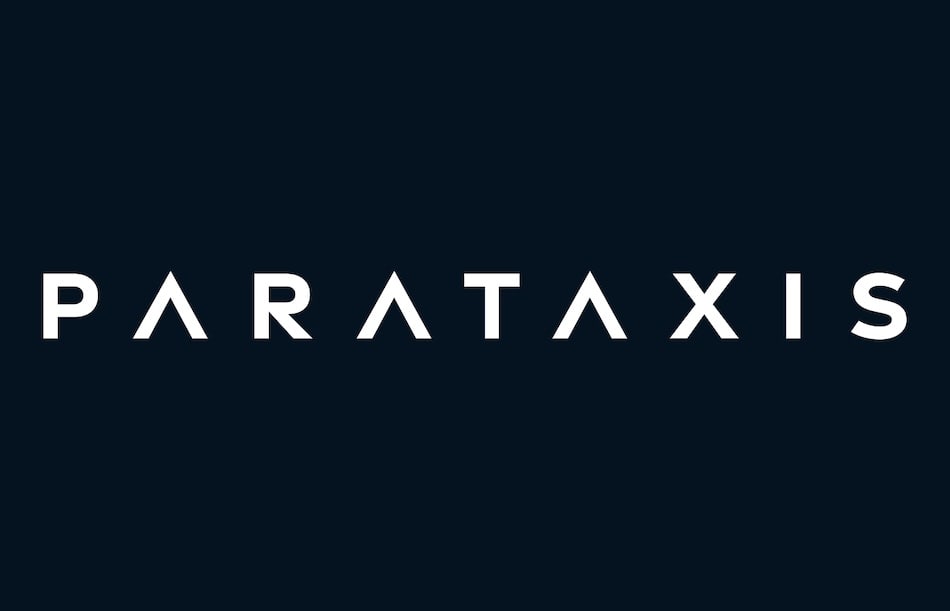
The U.S. Department of the Treasury’s Financial Crimes Enforcement Network (FinCEN) has issued an urgent advisory following a dramatic rise in bitcoin ATM-related scams over the past year.
Losses from such scams reached $246.7 million in 2024, representing a 31% jump in dollar losses and a 99% spike in reported complaints compared to the previous year.
Scams increasingly target seniors
FinCEN notes that criminals are exploiting bitcoin ATMs—also called convertible virtual currency (CVC) kiosks—to defraud elderly Americans.
According to the agency, adults aged 60 and over account for more than two-thirds of all losses.
Scammers often impersonate tech support, government officials, or romantic partners, convincing victims to withdraw large sums and deposit them into bitcoin ATMs.
Once converted to digital assets, these funds are nearly impossible to recover.
FinCEN Director Andrea Gacki emphasized the relentless nature of these schemes:
“Criminals are relentless in their efforts to steal money from victims, and they’ve learned to exploit innovative technologies like CVC kiosks.”
Cartels and compliance gaps
The advisory also warns that transnational criminal organizations, including major drug cartels, are leveraging bitcoin ATMs to launder money.
Cities with high drug activity, such as Chicago—with over 1,100 bitcoin ATMs—have become major laundering hubs.
Many ATM operators skirt Bank Secrecy Act requirements by not registering as Money Services Businesses or ignoring anti-money laundering (AML) obligations.
Lawmakers push for tighter regulation
In February, Senator Dick Durbin introduced legislation that would require kiosk operators to register, disclose locations, set transaction limits, and issue receipts.
Globally, some countries like New Zealand and Australia have already imposed strict controls or outright bans on digital asset ATMs.
In the U.S., Spokane, Washington, became the first city to ban bitcoin ATMs after a surge in fraud cases.
Red flags and recommendations
FinCEN’s advisory details red flags for financial institutions, including large cash withdrawals preceding ATM transactions and elderly customers with no prior digital asset experience making sizable purchases.
The agency urges financial firms to file suspicious activity reports if they detect potential abuse.



